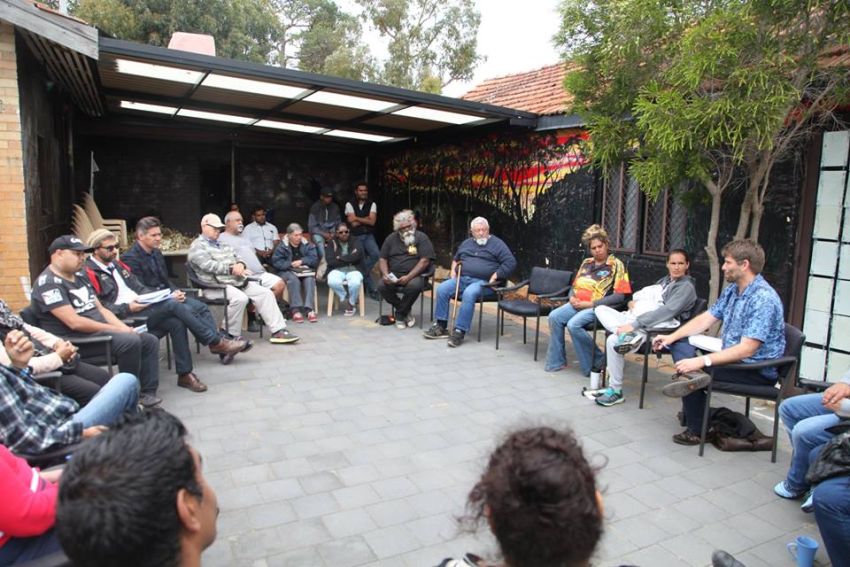
Earlier this year Fremantle City Council decided to cancel its Australia Day fireworks next month, describing them as “culturally insensitive”. Instead, the council announced plans to hold a free concert in Fremantle’s Esplanade Park on January 28.
The event, titled “One Day in Fremantle”, features a concert headlined by John Butler, Dan Sultan and Mama Kin and will celebrate diversity and multiculturalism in Australia today.
The celebration of January 26 has always been divisive and offensive for Aboriginal people and their supporters, who know the day as Invasion Day or Survival Day.
The day itself marks the moment when, in 1788, Australia was claimed by the British crown. Aboriginal people were declared non-existent and classified as “fauna”. Since then, Aboriginal people have survived countless efforts both by governments and private interests to dispossess them of their land and physically and culturally wipe them out.
This move by Fremantle Council has provoked the inevitable outcry from conservative politicians and mainstream entities. WA Premier Colin Barnett described the council’s move as “disloyal to the country and disloyal to the state”.
Dr Robert Isaacs, head of the Australia Day Council WA, condemned the decision and said he had never heard complaints and concerns by Aboriginal people in WA about Australia Day.
The credibility of this statement is extremely doubtful, as prior to the council’s decision, Fremantle Mayor Brad Pettitt attended a large meeting of Nyoongar Elders which supported the cancellation of the fireworks as part of a broader effort at decolonisation and respect for Nyoongar culture.
Nyoongar activists attended the council’s public meetings and gave personal accounts of the affront that Australia Day represents to them and their families, including Herbert Bropho’s chilling metaphor of each firework explosion being the echo of musket shots in the Pinjarra massacre of 1834.
For many people, enjoying January 26 is not about the nationalistic jingoism that underlines the official script. Rather it is the chance to gather with friends, relax, get sunburnt and enjoy the Triple J Hottest 100 countdown.
None of these things depend on the date, and there is reason to believe that with enough community pressure, the networks today most associated with January 26, including Triple J, will grasp the opportunity and get behind the culturally respectful alternative being developed.
Neither the Fremantle Council nor the Nyoongar community believe this concert will, by itself, overcome the ongoing and serious issues facing Aboriginal people.
Many of these pressing matters, including the closure of communities, high incarceration rates/deaths in custody and youth suicides, will not be solved by symbolic gestures, but require profound social, political and economic changes.
Saying that, the decision by Fremantle Council to step away from the sanctioned narrative of January 26 creates a space for both the date and all associated issues to be critically reviewed by Aboriginal and non-Aboriginal people alike. Early indications suggest the date change debate is already doing that across Australia.
While the conservative pundits of the status quo will vehemently oppose this as “political correctness gone mad” or “black armband history”, the experiences of many Aboriginal people of being “refugees in our own country” and the ongoing hardship inflicted on peoples and communities means this debate and call for justice is needed now as urgently as ever before.
Like the article? Subscribe to Green Left now! You can also like us on Facebook and follow us on Twitter.